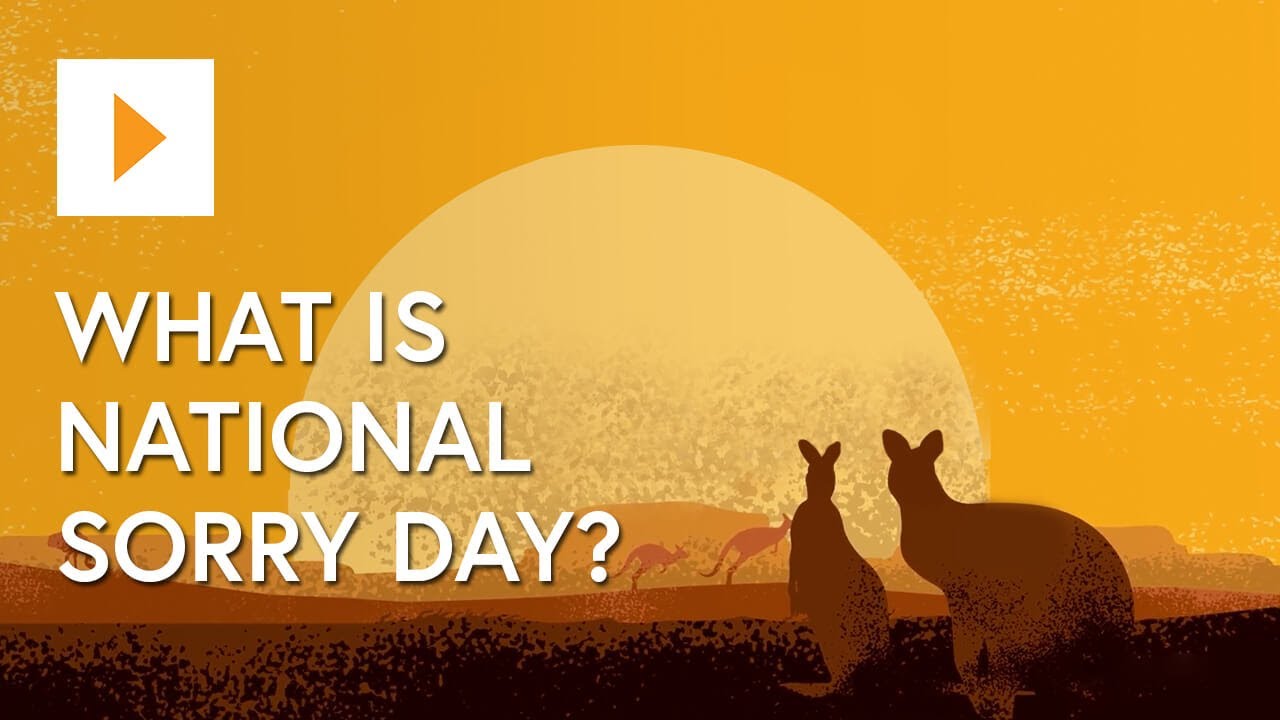National Sorry Day Australia: On the 26th of May, Australia celebrates National Sorry Day. This day is intended as a day of national reflection and apology for past wrongs. It’s also a day to promote understanding and reconciliation between Indigenous and non-Indigenous Australians.
National Sorry Day is an important day for all Australians to remember the pain and suffering that has been inflicted on our country’s Aboriginal and Torres Strait Islander people. For too long, Australia has not only failed to apologize properly, but it has also actively worked to erase Aboriginal and Torres Strait Islander culture and identity.
National Sorry Day is an opportunity for all Australians to acknowledge our country’s history of racism, hatred, and discrimination against Aboriginal and Torres Strait Islander people. We must work together to make sure that this day becomes a yearly event that we can all celebrate!
What is National Sorry Day Australia?
National Sorry Day Australia is a day to come together and apologize for our past mistakes. It is also a day to learn from our past and make sure that we don’t make the same mistakes in the future.
National Sorry Day was first celebrated in 2006, when it was created by a group of students at the University of Queensland. The idea behind National Sorry Day was to bring people together to apologize for the things that had happened in the past. Since then, National Sorry Day has grown into an important event in Australia.
There are several events taking place on National Sorry Day. Some of these events are educational, while others are just meant to get everyone together and apologize. There are also many online resources available to help people learn more about the history of Australia and the mistakes that have been made.
National Sorry Day is a day to come together and apologize for our past mistakes. It is also a day to learn from our past and make sure that we don’t make the same mistakes in the future. Thanks for reading!
Why Should We be Sorry?
Some people believe that National Sorry Day is a day where we should come together and apologize for the things that we have done wrong.
Others believe that National Sorry Day is a day where we should remember the good things that have happened in our country.
Personally, I think that National Sorry Day is a day where we come together and apologize for the things that we have done wrong. We can do this by acknowledging the mistakes that we have made, and by learning from them. This will help us to move forward and be better people in the future.
How to Celebrate National Sorry Day Australia
To celebrate National Sorry Day Australia, there are a few things you can do to show your remorse. One of the best ways to apologize is to make a donation to a charity. There are plenty of worthy organizations out there that could use your support.
Alternatively, you could attend a service or event in memory of people who have passed away. These events help to commemorate those who have lost their lives and remind everyone that we should never forget their stories.
Lastly, you could write or speak about the importance of apologizing. This can help to raise awareness about the issue and encourage others to take action.
International Day of Yoga 2022: History, Benefits and Different Aspects of Yoga
What to Do if You Get Offended on National Sorry Day Australia
National Sorry Day is an important day for all Australians to remember and apologise for the injustices and harm done to Indigenous people throughout our country’s history. If you’re feeling offended or hurt on National Sorry Day, here are a few things to do:
First, take a minute to reflect on the history of Australia and the events that have led to the current situation with Indigenous people. Then, apologise to Indigenous people for the hurt and pain that you’ve caused them.
If you’re uncomfortable apologizing, you can also write a letter of apology. Anything that expresses how sorry you are is valuable. Finally, share your apology with other Australians through social media or in person. Doing this will help to create reconciliation and healing between Indigenous and non-Indigenous Australians.
Conclusion
On May 26 each year, Australians come together to apologize for all the wrongs that have been done in previous years. This day is a time for reflection and healing, and it is an opportunity to recommit ourselves to building a better future. Whether you are personally affected by any of the apologies or not, I urge everyone in Australia to take part in National Sorry Day. It is important that we all work together to make sure that our country is heading in the right direction, and this day can be a powerful tool for doing just that.
NATIONAL SORRY DAY FAQs
How do we celebrate National Sorry Day?
Events such as Sorry Day flag-raising events, morning teas or lunches, media statements from Australian politicians, and speeches from community leaders, including Indigenous Australian elders, are often conducted during this day.
What was Kevin Rudd’s apology speech about?
At 9:30 am on 13 February 2008, former Australian Prime Minister Kevin Rudd presented the apology to Indigenous Australians as a motion to be voted on by the house, which included the lines of, “We apologize for the laws and policies of successive Parliaments and governments that have inflicted profound grief, suffering and loss on these our fellow Australians
Why did Australia say sorry?
A national apology was issued, especially for the removal of Aboriginal and Torres Strait Islander children from their families, their communities, and their country. This apology extended to the pain, suffering, and hurt of these Stolen Generations, their descendants, and for their families left behind.
















